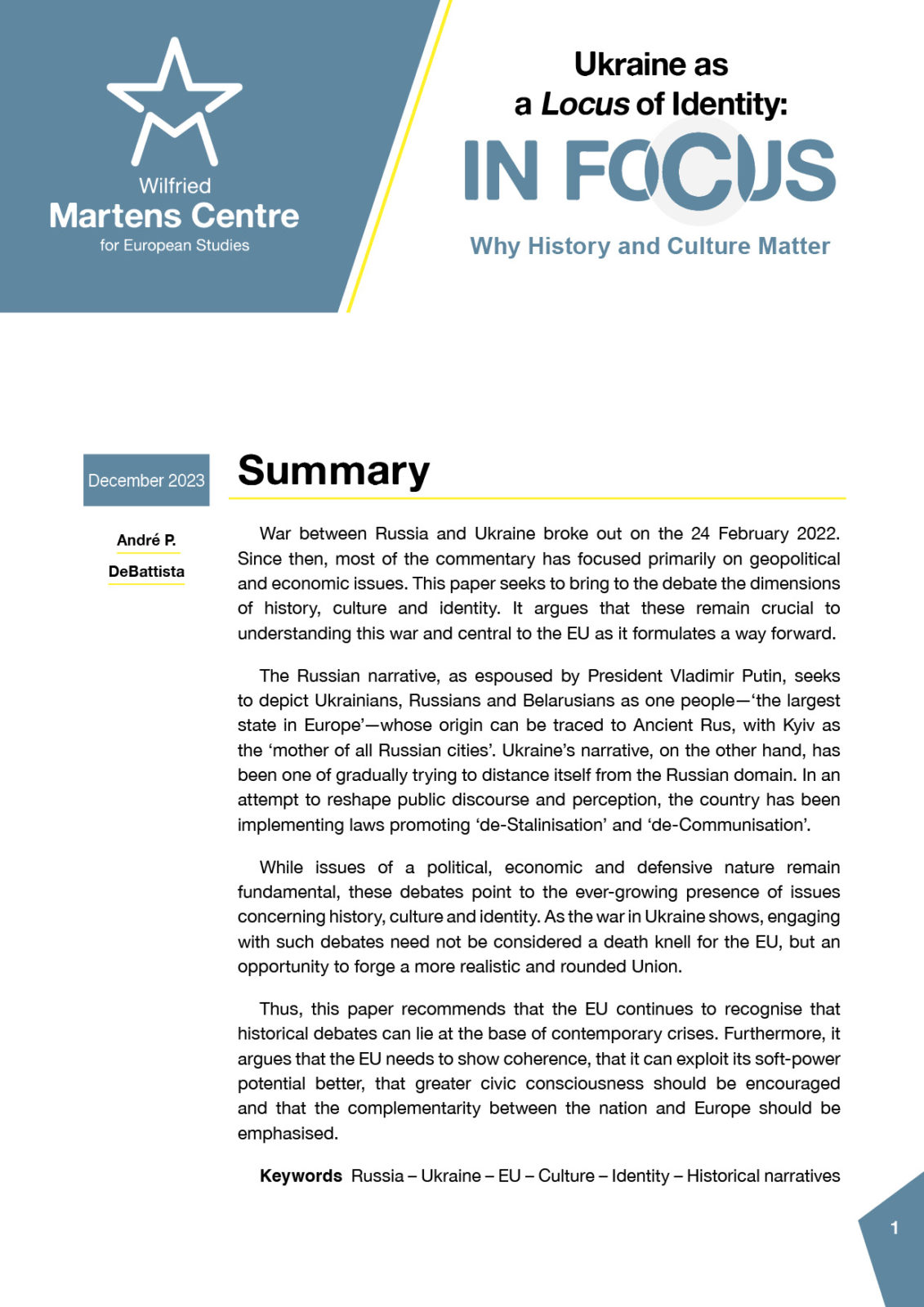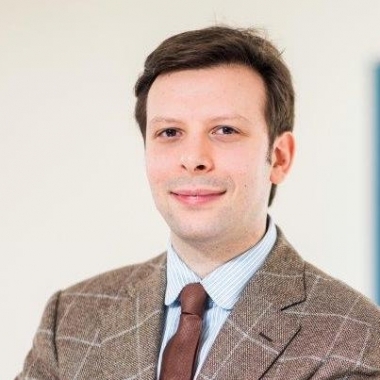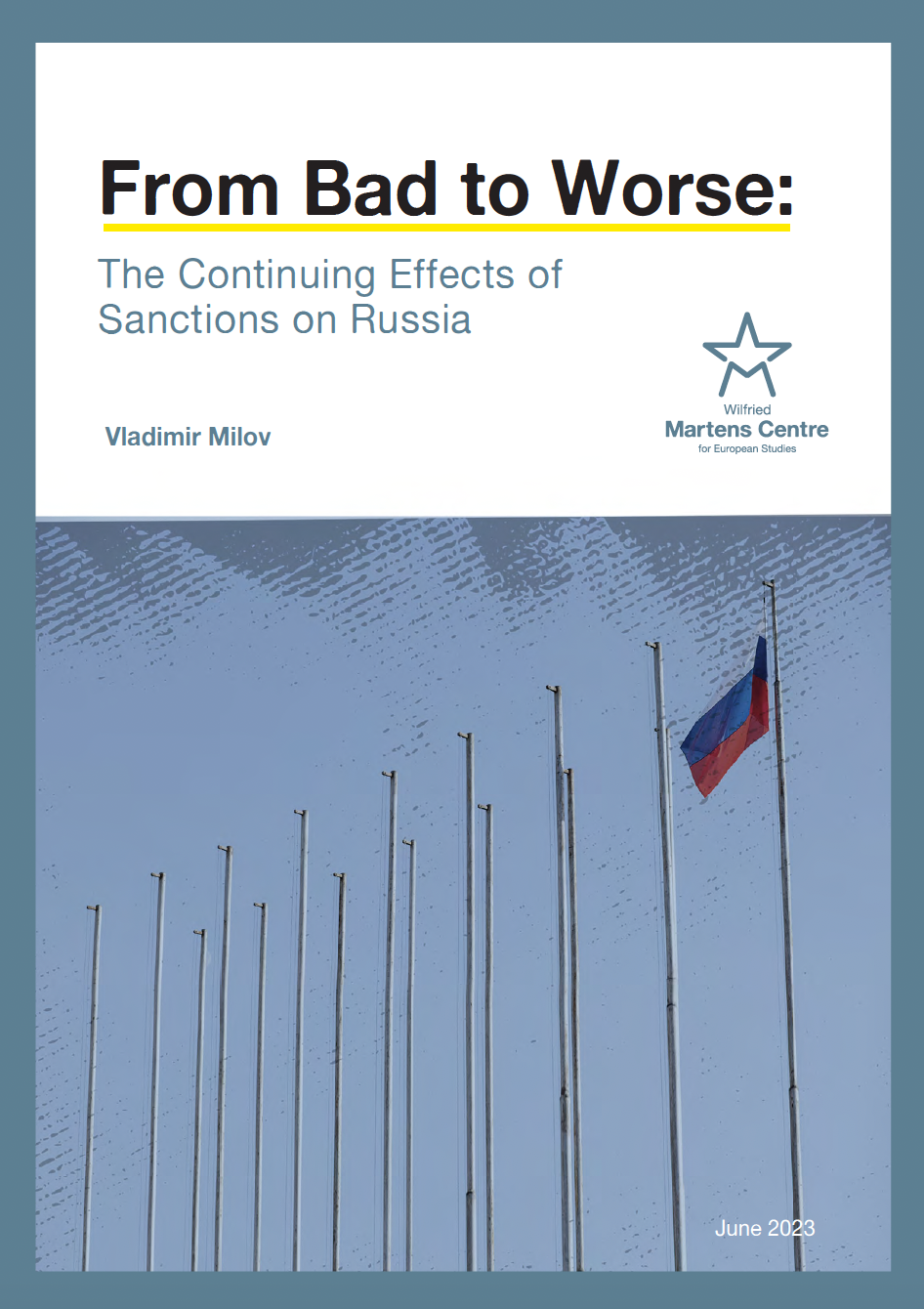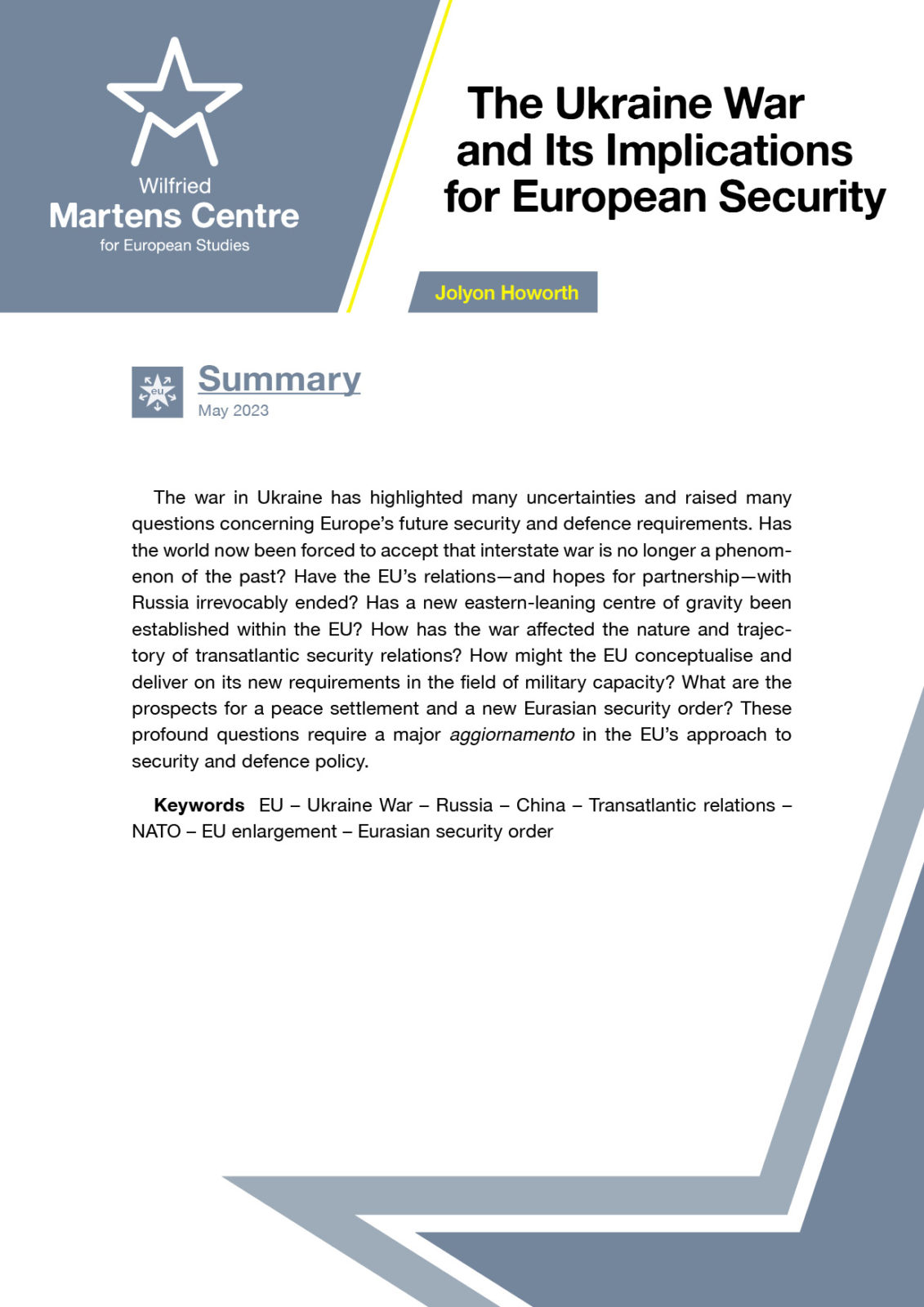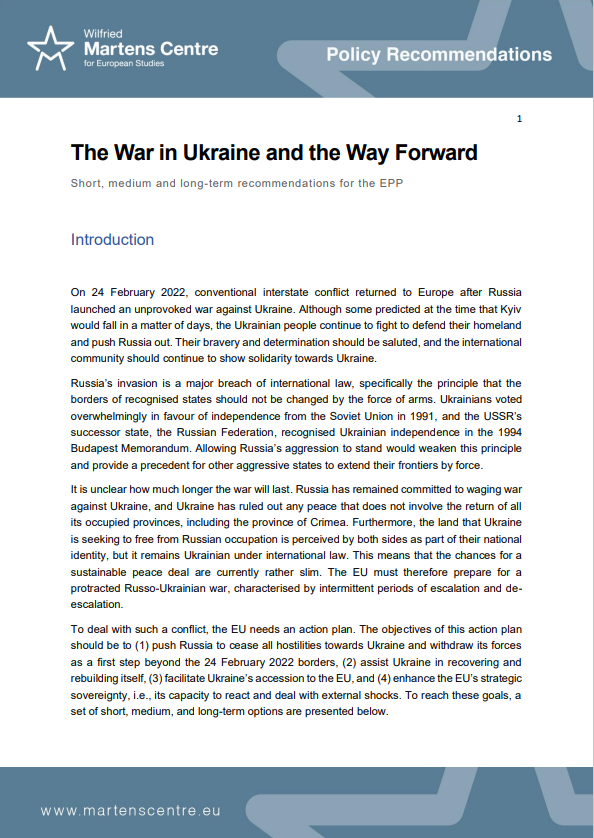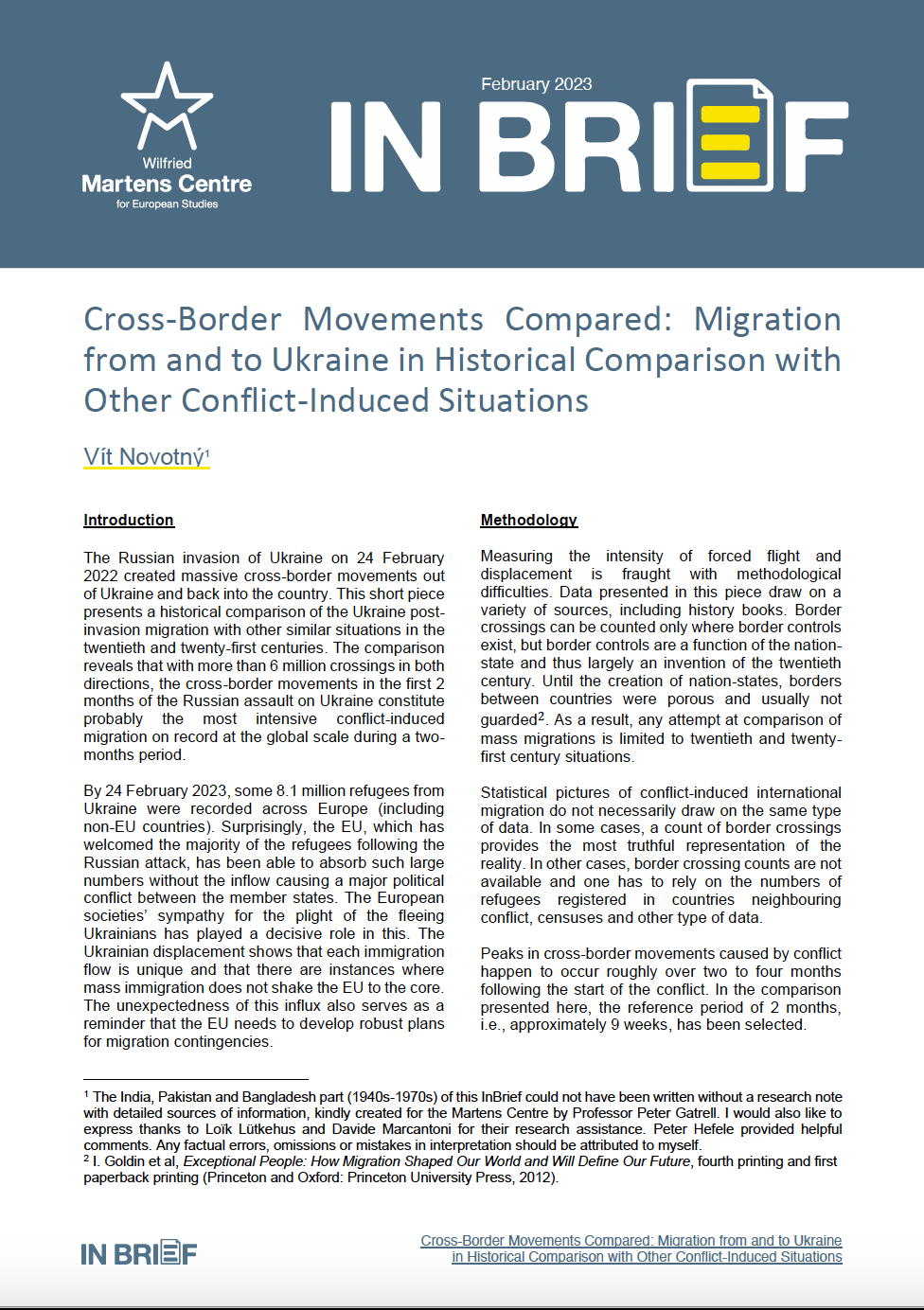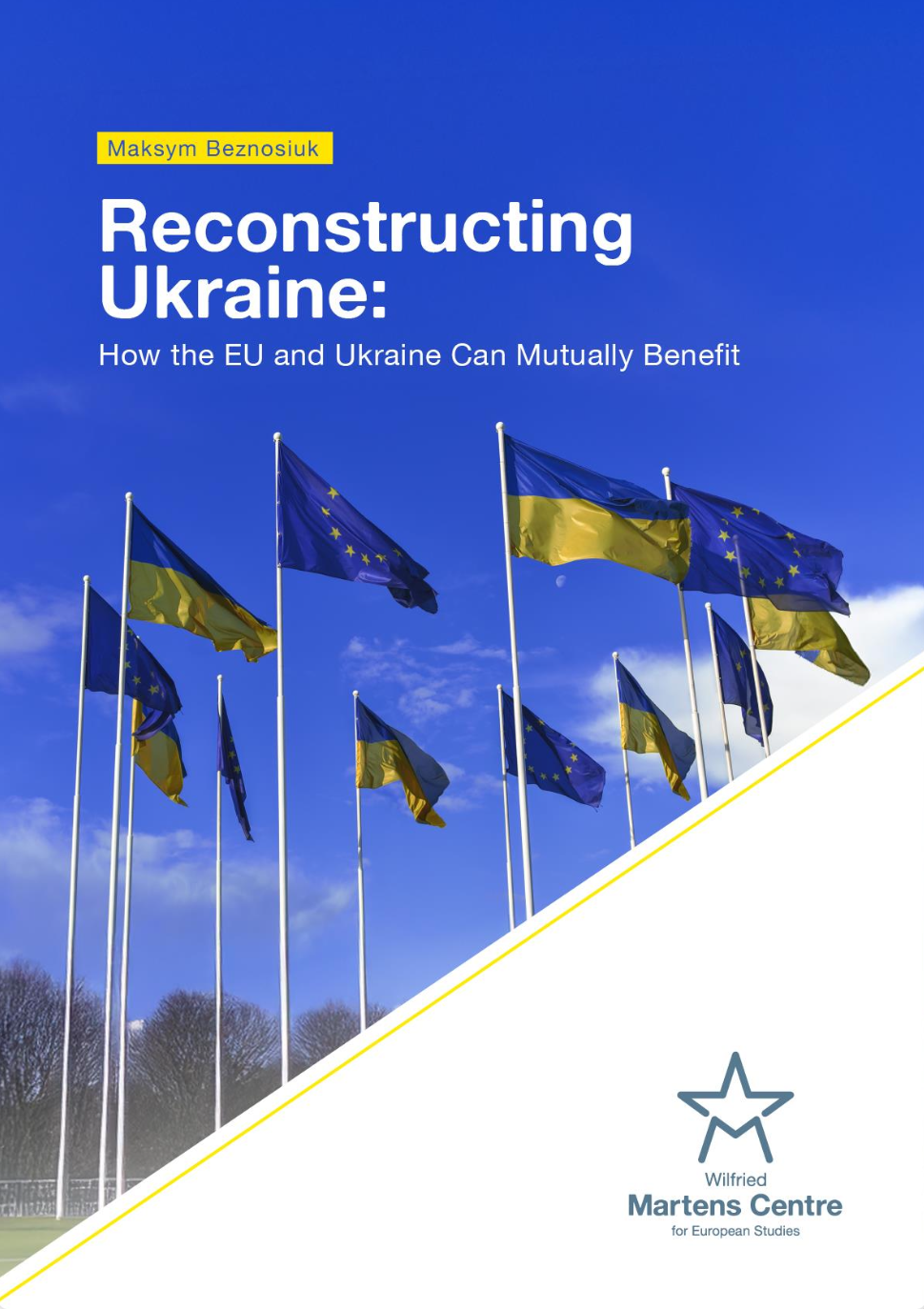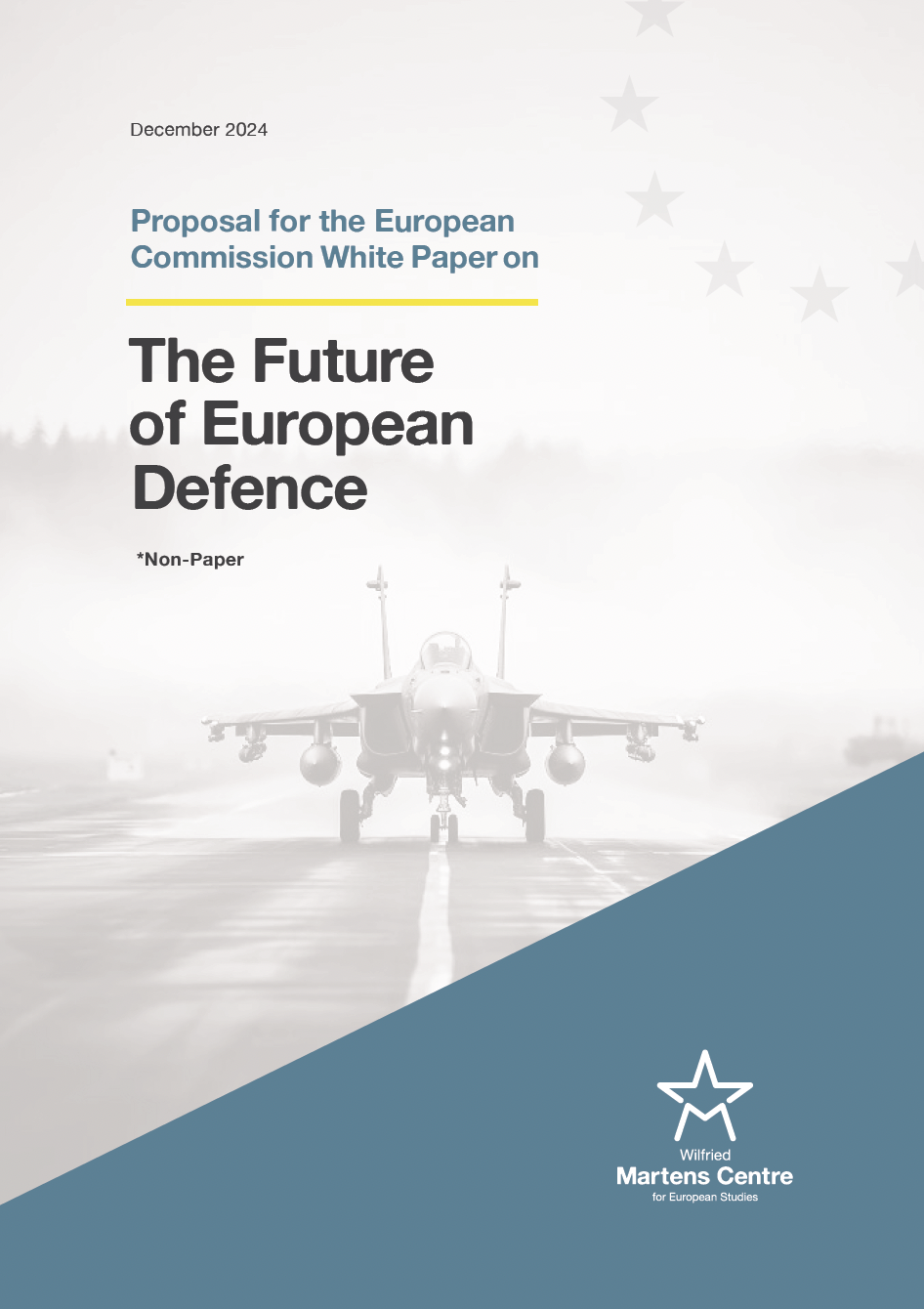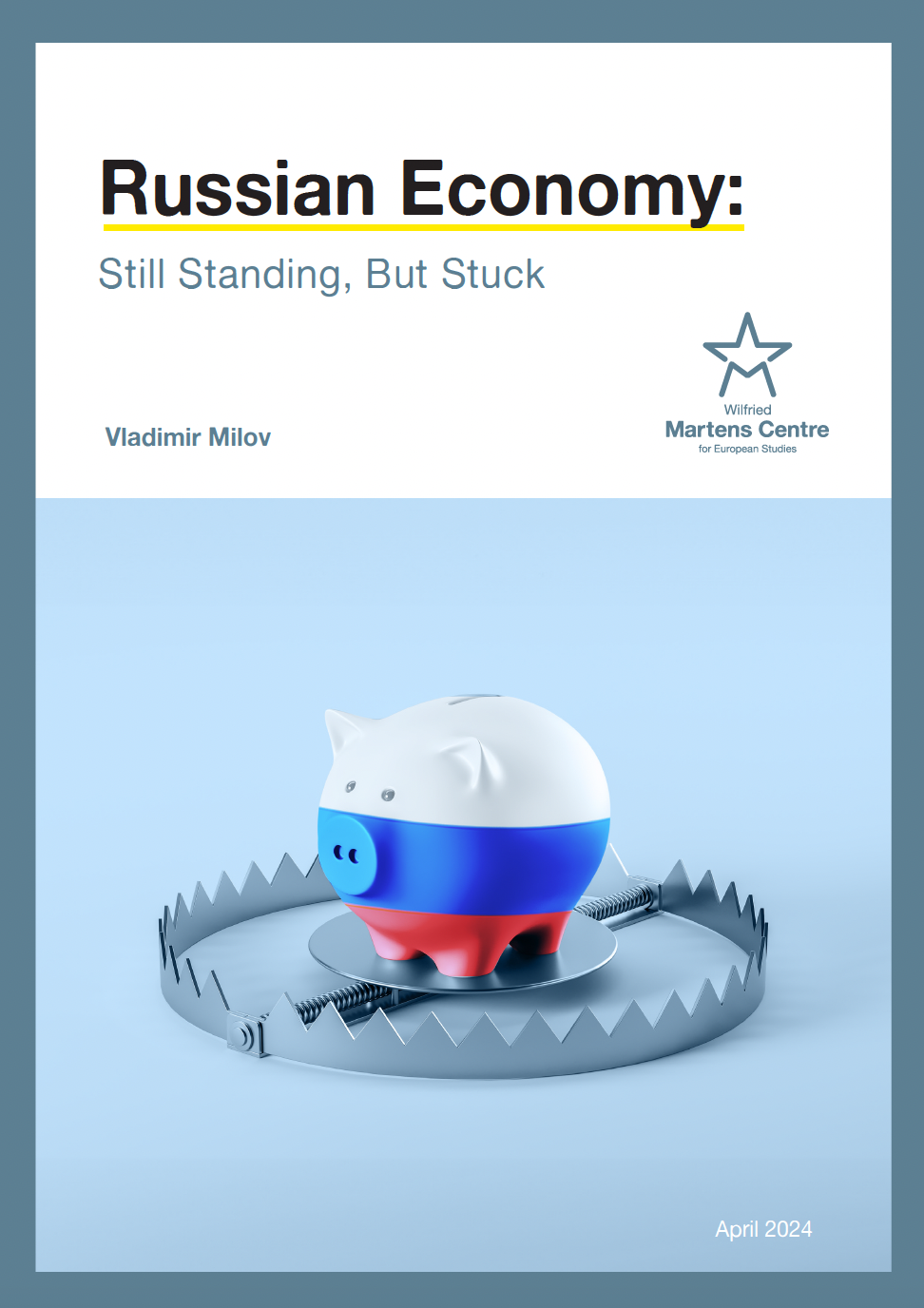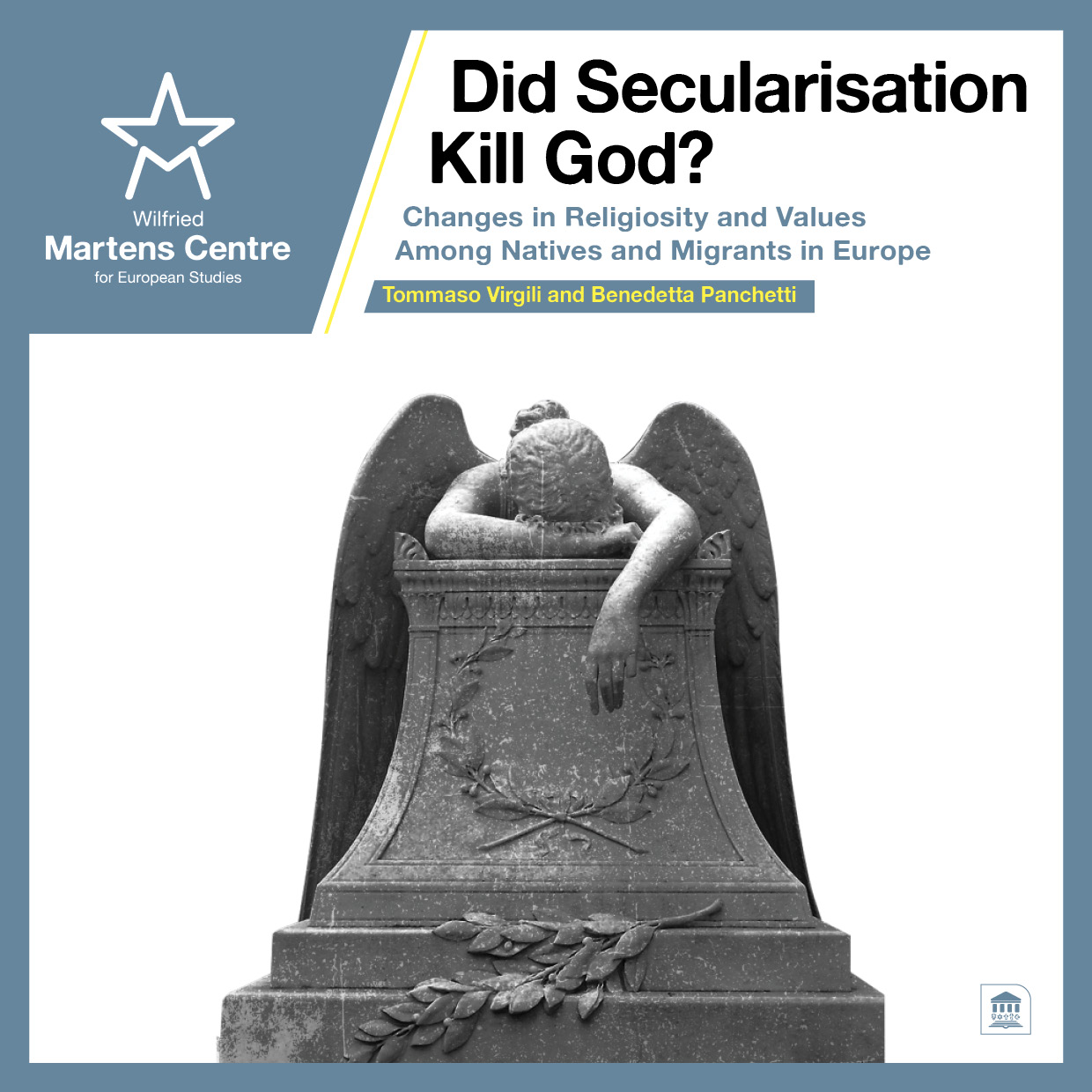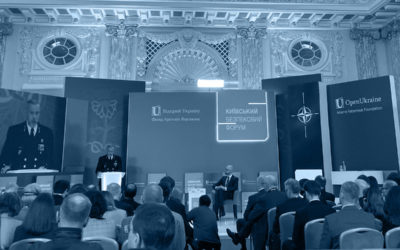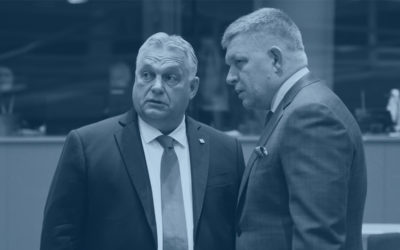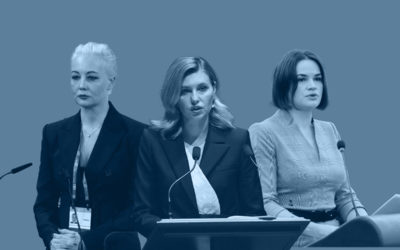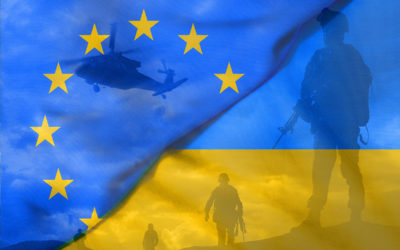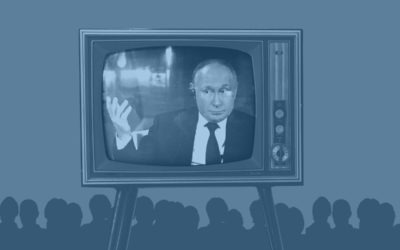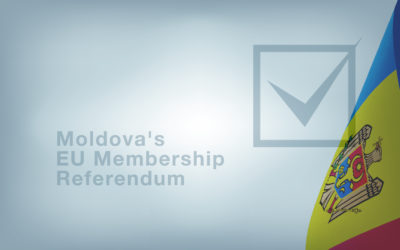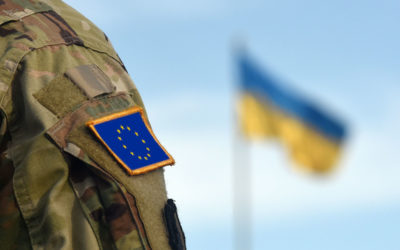Ukraine as a Locus of Identity: Why History and Culture Matter
19 December 2023
War between Russia and Ukraine broke out on the 24 February 2022. Since then, most of the commentary has focused primarily on geopolitical and economic issues. This paper seeks to bring to the debate the dimensions of history, culture and identity. It argues that these remain crucial to understanding this war and central to the EU as it formulates a way forward.
The Russian narrative, as espoused by President Vladimir Putin, seeks to depict Ukrainians, Russians and Belarusians as one people—‘the largest state in Europe’—whose origin can be traced to Ancient Rus, with Kyiv as the ‘mother of all Russian cities’. Ukraine’s narrative, on the other hand, has been one of gradually trying to distance itself from the Russian domain. In an attempt to reshape public discourse and perception, the country has been implementing laws promoting ‘de-Stalinisation’ and ‘de-Communisation’.
While issues of a political, economic and defensive nature remain fundamental, these debates point to the ever-growing presence of issues concerning history, culture and identity. As the war in Ukraine shows, engaging with such debates need not be considered a death knell for the EU, but an opportunity to forge a more realistic and rounded Union.
Thus, this paper recommends that the EU continues to recognise that historical debates can lie at the base of contemporary crises. Furthermore, it argues that the EU needs to show coherence, that it can exploit its soft-power potential better, that greater civic consciousness should be encouraged and that the complementarity between the nation and Europe should be emphasised.
ENJOYING THIS CONTENT?


